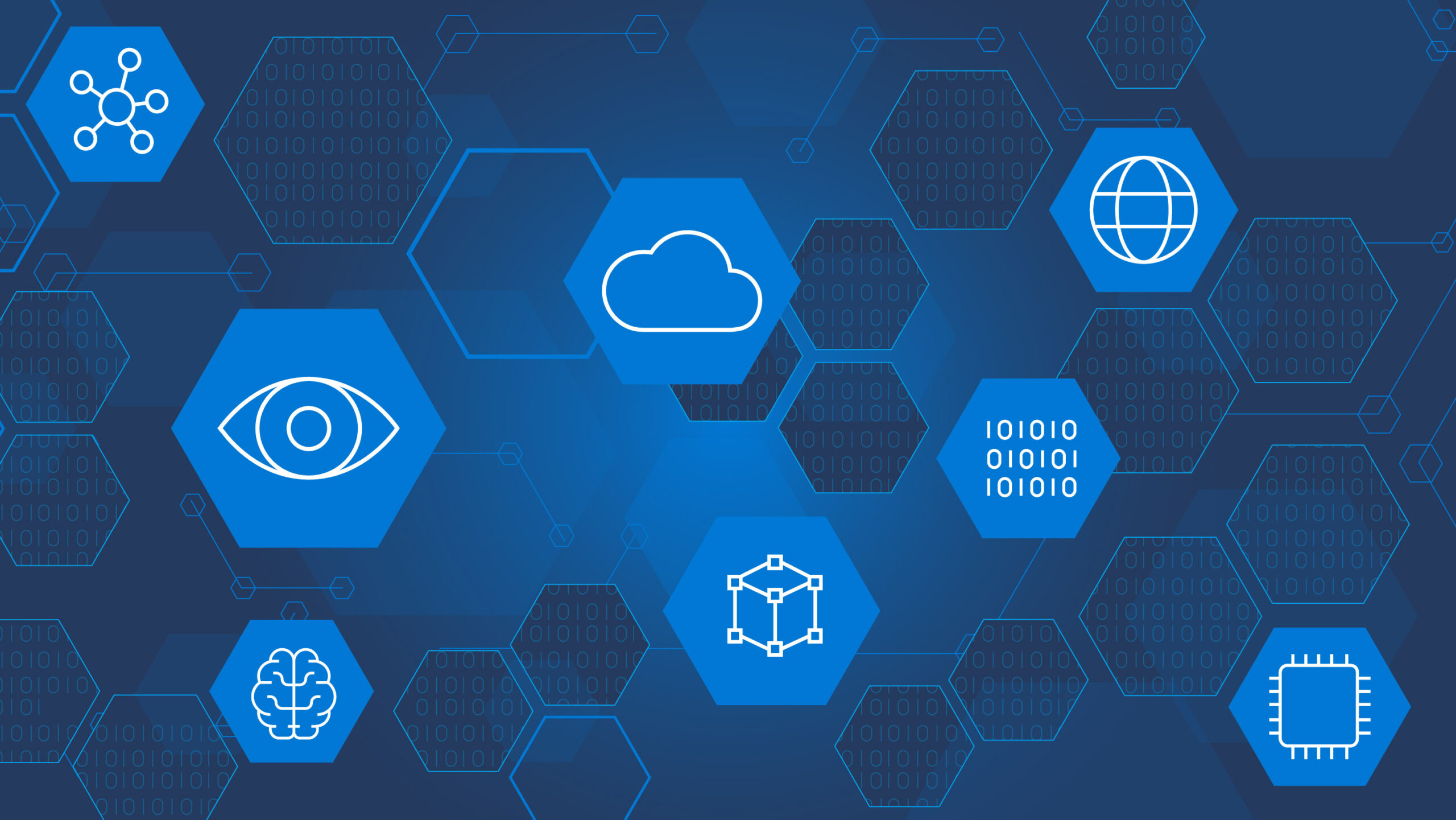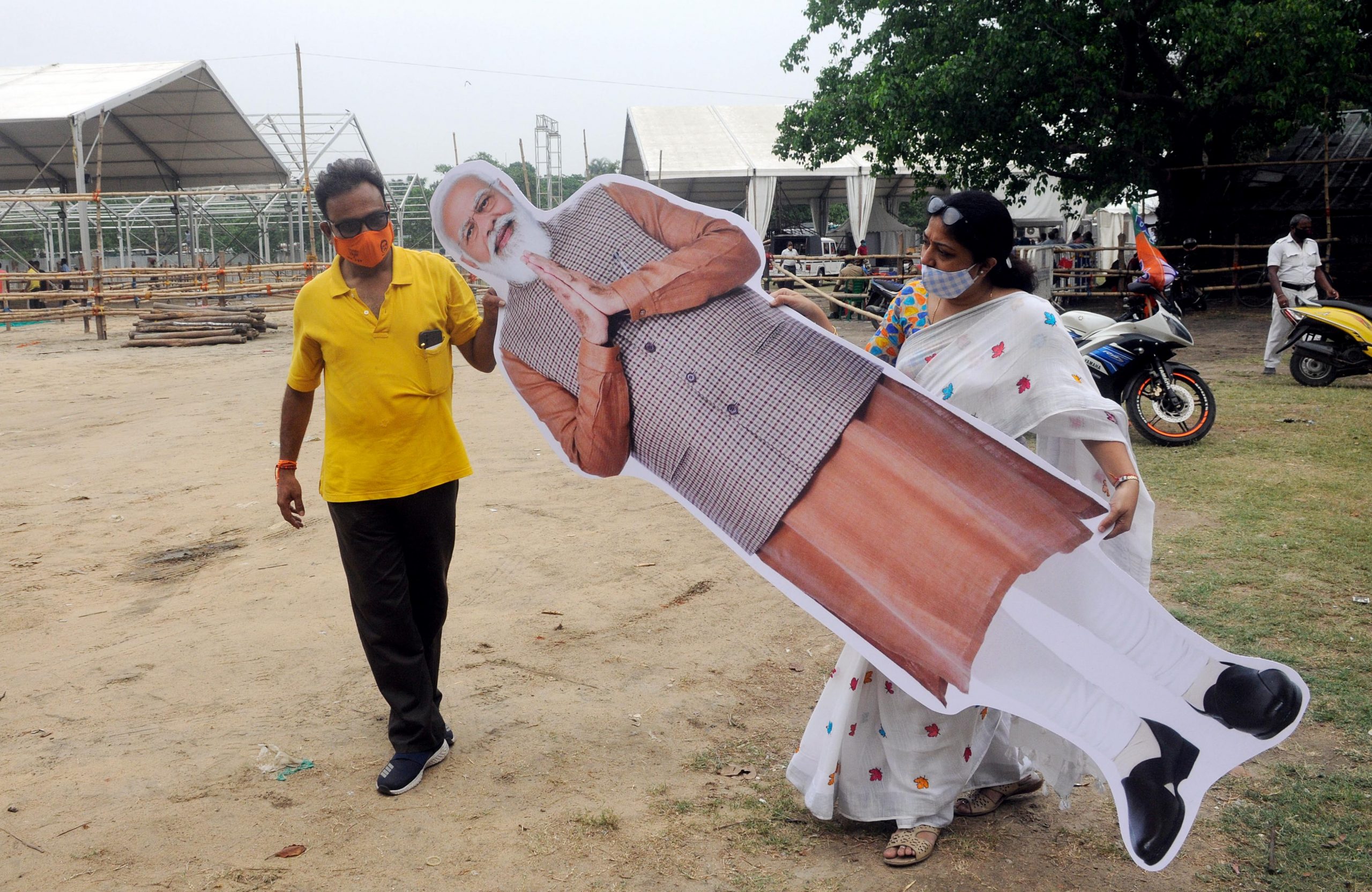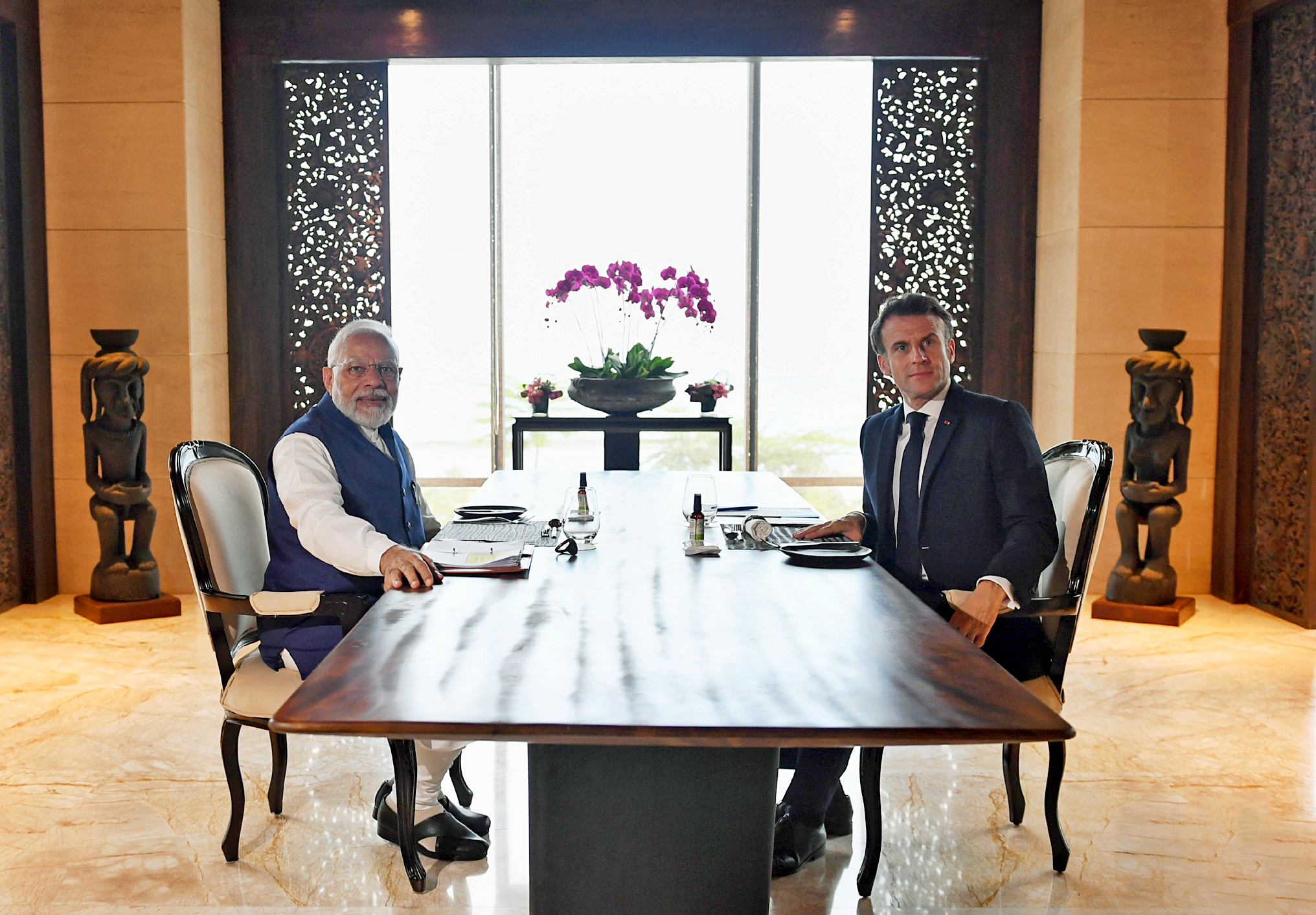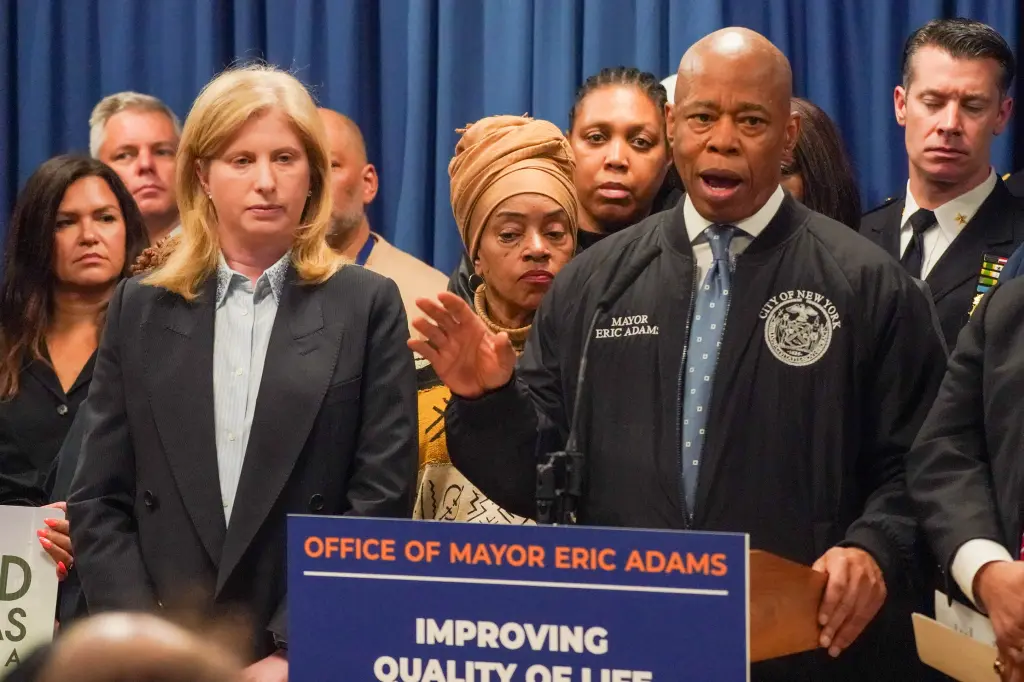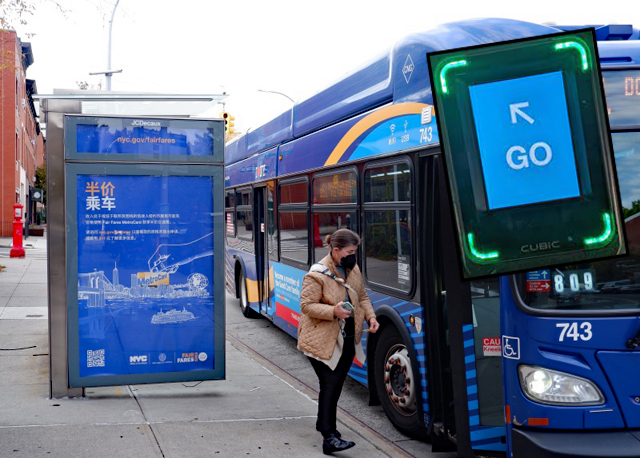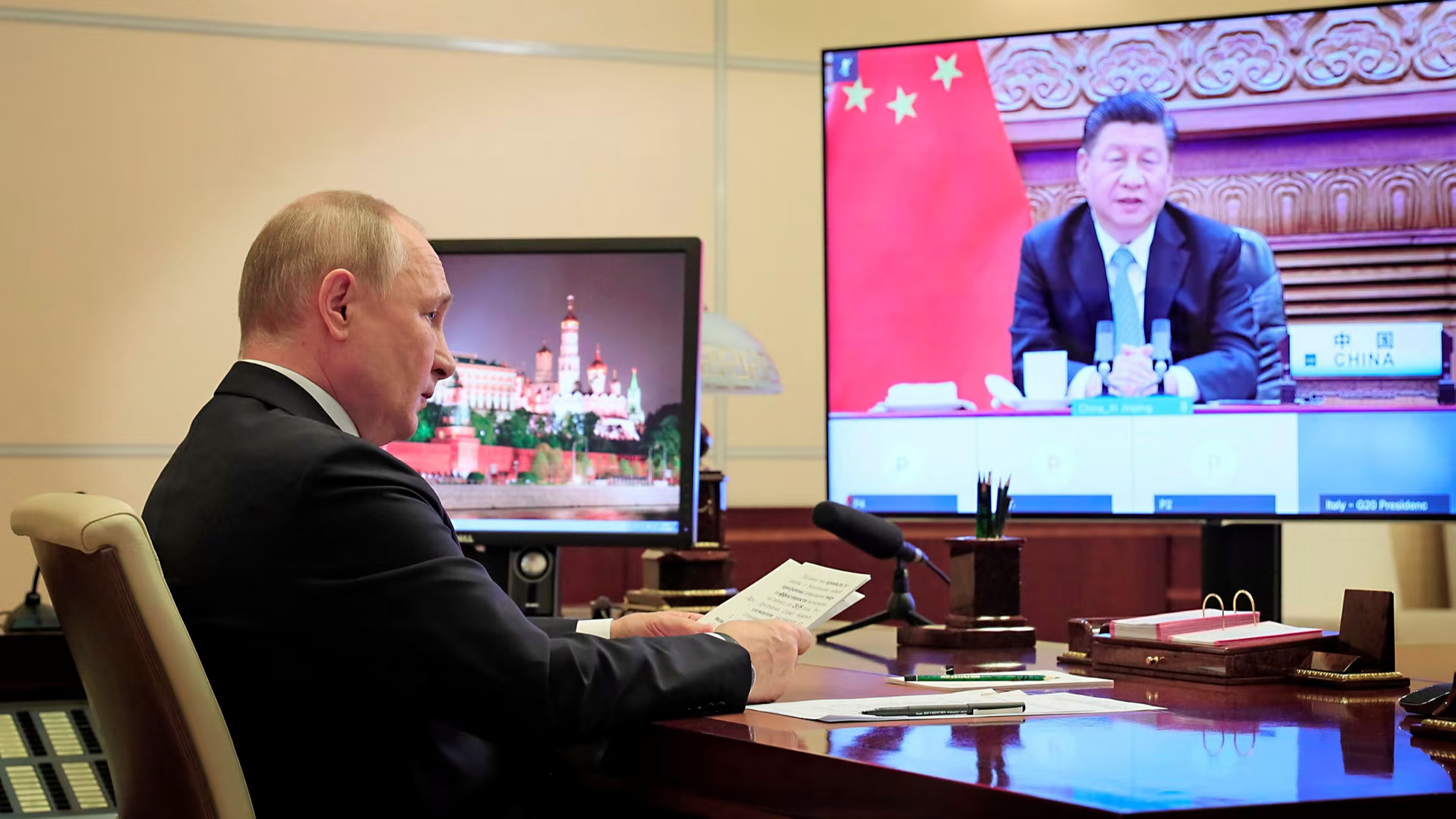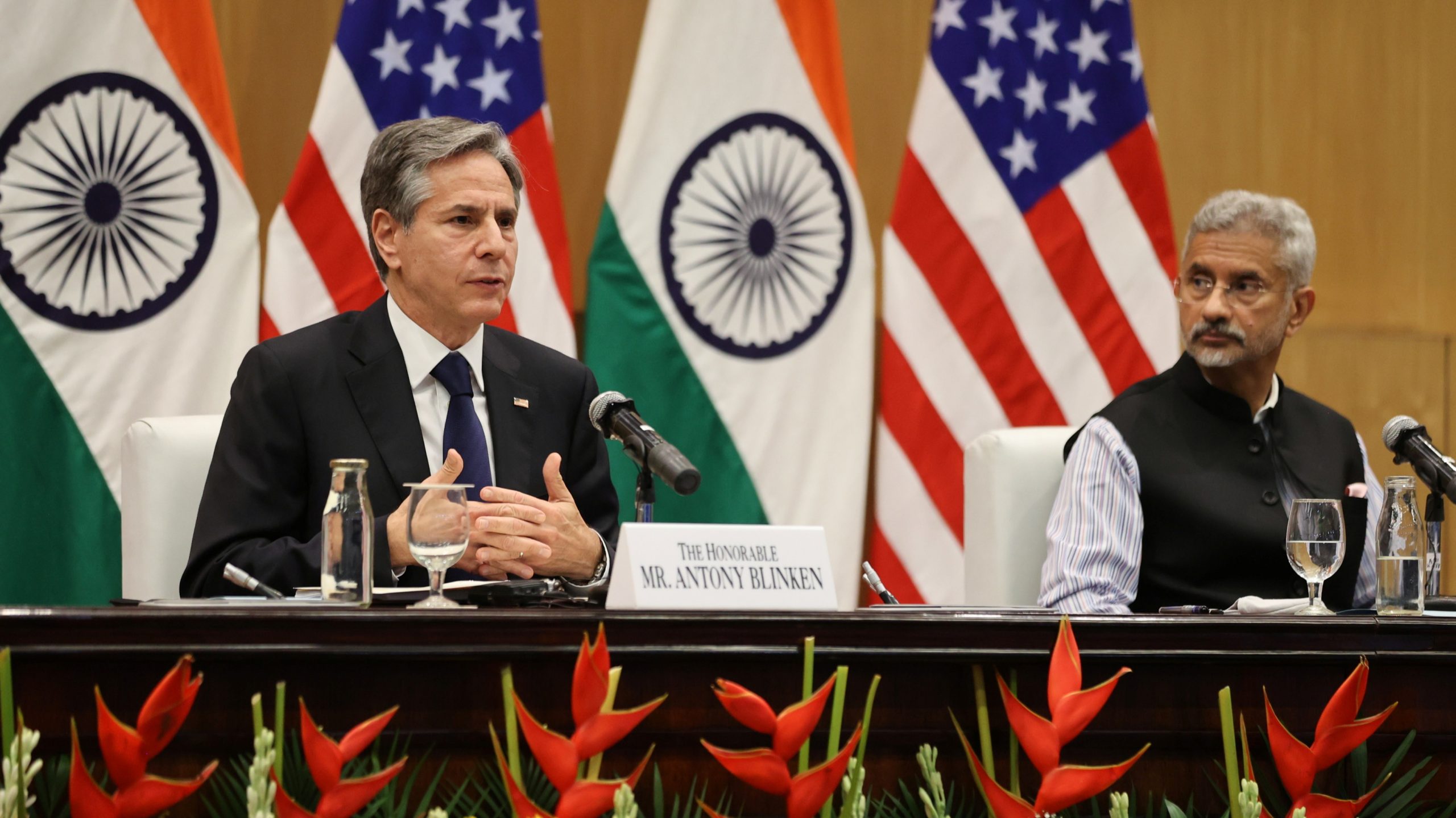The recent India-Japan 2+2 Foreign and Defense Ministerial Meeting held on 20 August 2024 reaffirmed the growing strategic partnership between the two countries. The meeting contributed to further enhance and strengthen collaboration on security and defense dimensions to address the contemporary geopolitical challenges in the Indo-Pacific
Dr. Tunchinmang Langel
The third edition of the India-Japan 2+2 Foreign and Defense Ministerial Meeting was held in New Delhi on 20 August 2024. The Indian side was represented by External Affairs Minister, Dr S Jaishankar, and Defense Minister, Shri Rajnath Singh. For the Japanese side, the Minister for Foreign Affairs of Japan, Ms Kamikawa Yoko and Minister of Defense of Japan, Mr Kihara Minoru, attended the meeting. The second edition of the meeting was held in Tokyo on 8 September 2022, while the first was held on 30 November 2019.
The third meeting has been held at an opportune time to mark the significant milestone in reaching 10 years of the “Special Strategic and Global Partnership” declared between the two countries in 2014. To mark this special occasion, the two countries underlined supporting efforts to foster people-to-people exchanges that complement the strategic partnership. The establishment of a new Consulate in Fukuoka and the proposed celebrations of India Month in Japan and Japan Month in India in September were acknowledged and appreciated within this framework.
Key Takeaways
Amidst the backdrop of unpredictable geopolitical developments in the last decade, and especially within the two years since the last edition, the third meeting of the 2+2 came at an opportune moment to take stock of the evolution in ties and expand on the substantial convergences. Taking this into consideration, the joint statement issued at the third meeting reiterated their commitment to the rules-based international order and peaceful settlement of disputes and underscored the need for all countries to refrain from any attempt to unilaterally change the status quo.
Per the joint statement, both countries reiterated their reaffirmation of commitment, such as for a free and open Indo-Pacific, full support for ASEAN unity and centrality, as well as the ASEAN Outlook on the Indo-Pacific (AOIP), and to advance cooperation within the Quad. The Indo-Pacific remained a substantive area of common focus, and the ministers expressed their desire to further deepen bilateral security and defense cooperation, in light of Japan’s revised National Security Strategy issued in December 2022, in specific.
In terms of progress made to promote cooperation through multi-layered dialogues between the two countries, there was much appreciation for the Defense Policy Dialogue, Foreign Office Consultations (FOC), Vice Minister/Foreign Secretary level Dialogue, the Disarmament and Non-Proliferation Dialogue, the Cyber Dialogue, the India-Japan Joint Working Group on Counter-Terrorism and the first Joint Service Staff Talks. It was emphasized that the two countries will be looking into areas, such as space, maritime affairs, Africa, economic security and strategic trade as potential fields for future dialogues.
Defense cooperation has been an important pillar of the India-Japan Special Strategic and Global Partnership, and it can be stated that the two sides have been on a forward trajectory in this context. The first air visit by Japanese fighters to participate in Tarang Shakti, the first multilateral exercise hosted by the Indian Air Force (IAF), is evidence of the resolve to grow and diversify the defense exchanges.
Previously, the inaugural Veer Guardian 2023 bilateral fighter exercise between the IAF and the Japan Air Self-Defense Force (JASDF), along with the conduct of bilateral exercises between all three services of both countries was held for the first time in 2023. Furthermore, India and Japan have been continuing their commitment towards other bilateral and multilateral exercises, such as the Dharma Guardian, JIMEX and Malabar. These increasing defense exercises between India and Japan enhance the scope and complexity of their defense cooperation and military to military exchanges in the Indo-Pacific region.
Looking at the future of technology specifically in defense cooperation, it has been noted that the India-Japan partnership has had a successful completion of the Unmanned Ground Vehicle (UGV)/Robotics project. Similarly, the cooperation for Unified Complex Radio Antenna or UNICORN-related technology for Indian warships is also stated to be showcasing positive signs of progress. Once the transfer plans for the UNICORN is finalized, it will be the first such case under the India-Japan agreement on defense equipment and technology transfer signed in 2015.
It is also pertinent to understand that to accelerate future cooperation in defense equipment and technology, there remain certain hurdles, of which India has requested Japan to look at the regulatory bottlenecks that exist in the sharing of critical technologies. India and Japan are also looking forward to exploring future cooperation in the maintenance of ships in India, as well as coordination in the defense and security assistance to third countries pertaining to the Indo-Pacific region.
It has also been highlighted that India and Japan have agreed to revise and update the 2008 Joint Declaration on Security Cooperation.
The objective is to have the updated joint declaration reflect the growing convergence on priority strategic issues and be more responsive to contemporary geopolitical challenges. As per reports, the revised joint declaration would most likely be issued during the next India-Japan Annual Summit, which is expected to be held before the end of 2024 in Japan.
Conclusion
The third edition of the India-Japan 2+2 Dialogue is a by-product of decades of deepened engagements between the two countries. India and Japan are two vital players in the global partnership for peace and security in the Indo-Pacific and the world. The two countries are also paramount in the advocacy for reforms in the United Nations Security Council (UNSC) to strengthen the multilateral institution. This meeting goes a long way to continue building the special strategic and global partnership, which is immensely significant in the age of growing challenges to peace, stability and adherence to the international rule of law.
India and Japan need such platforms to further explore security cooperation and developmental assistance on areas of mutual convergence for a free, open and rules-based Indo-Pacific. At a bilateral level, it seeks to build cooperation in areas like strategic trade and technology sharing, which have hitherto remained challenges. The 2+2 meetings assist in overcoming these challenges as it provides a reliable platform for enhanced trust building, understanding and dialogue.
Dr. Tunchinmang Langel is a Research Fellow at the Indian Council of World Affairs, New Delhi. Views expressed are personal.
This article first appeared in the Viewpoint section of the website (www.icwa.in) of Indian Council of World Affairs, New Delhi, in August 27, 2024

















